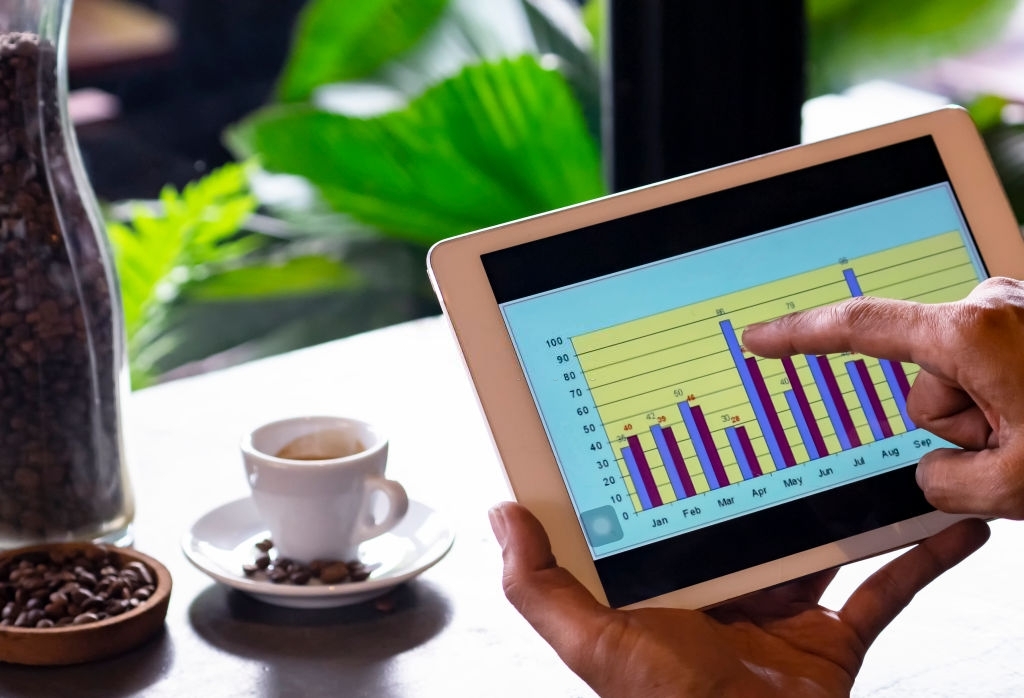Enterprise Resource Planning solutions, commonly known as ERP software, have come a long way in terms of helping businesses manage their operations with far more efficiency and effectiveness. In 2022 businesses are now leveraging the competencies of ERP systems to manage every aspect of their business, including sales, finance, customer service, marketing, and more. In addition, ERP solutions are now helping businesses gather and manage huge amounts of data to generate valuable insights and drive better and informed decision-making. There are many different aspects of ERP solutions that can currently depict how dynamic they are.
What Makes An ERP Dynamic in 2022?
ERP systems have never been as important as they are today, mainly because of these solutions’ dynamic features and functionalities. The way things are going, it is certain that this reliance on ERP systems will only increase with time. But what really makes an ERP system so dynamic in 2022? Let’s find out.
- Internet of Things (IoT): The Internet of Things (IoT) has truly revolutionized communication and integration. Most ERP solutions of the present day are IoT enabled, which promises better management of assets, enhances the accuracy of forecasts and predictions, and increases the overall productivity of individual employees and the organization as a whole.
Other than that, IoT-enabled are equipped with capabilities that enable businesses to generate valuable insights in real-time and boost connectivity. The IoT technology further helps businesses monitor their assets and manage inventory far more efficiently.
- Cloud: This is another significant technology that has hugely impacted how modern-day ERP systems function. Even though cloud technology has been used in ERP systems for a very long time, this is now becoming more prevalent. Businesses with different scales of operations are now leveraging cloud-enabled ERP systems to facilitate better management and access to data.
Additionally, as the cost of deploying ERP solutions is reducing, there are certain businesses that are opting for hybrid ERP, which allows them to deploy ERP by combining on-premise and cloud deployment strategies.
- Mobile Accessibility: The last two years have taught businesses the value of mobile access to data. As the pandemic forced everyone to work from remote locations, businesses are now focusing on enhancing the mobile accessibility of data. Hence today, there are many cloud-based ERP solutions that enable employees to access business data from remote locations.
This can be done either through smartphones or computers as long as the electronic device has access to the internet. Anyone can access any business data from anywhere without any hassle. This has helped organizations boost efficiency, enhance workflow processes, and hasten better and informed decision-making.
- Artificial Intelligence (AI): This is the age of data which means that every organization has to find ways to manage and store their data more effectively and efficiently. Artificial intelligence or AI is the tool that enables a business to deal with unstructured and complex data from many different sources. AI-enabled ERP systems have allowed firms to sort through these enormous volumes of data and generate precious insights.
Plus, artificial intelligence in ERP systems has allowed enterprises to determine different patterns in customer behavior and the market as a whole, enabling them to stay a step ahead of competitors at all times.
- Personalization In ERP: There is no denying that organizations need a ControlERP solution suited to the specific needs and requirements of the business and industry as a whole. Hence many ERP solutions come with some of the greatest personalization features enabling organizations to modify their ERP systems whichever way they want.
The ERP solutions of 2022 offer great flexibility to tailor different aspects of the solution and boost the efficiency and productivity of the organization.
- Analytics: Modern ERP solutions can do much more than just collect and store data. These systems are now equipped with augmented analytics capabilities that enable businesses to make better data-driven decisions to ensure the growth and better performance of the organization. One can even generate highly informative and interactive reports and make better business decisions through these ERP systems.
Final Thoughts
Today’s business environment is very different from just a decade or two ago. This requires businesses to be more agile in their decision-making and management of business operations. ERP integration has helped many companies achieve that, and more businesses will likely deploy ERP solutions in the coming years.

